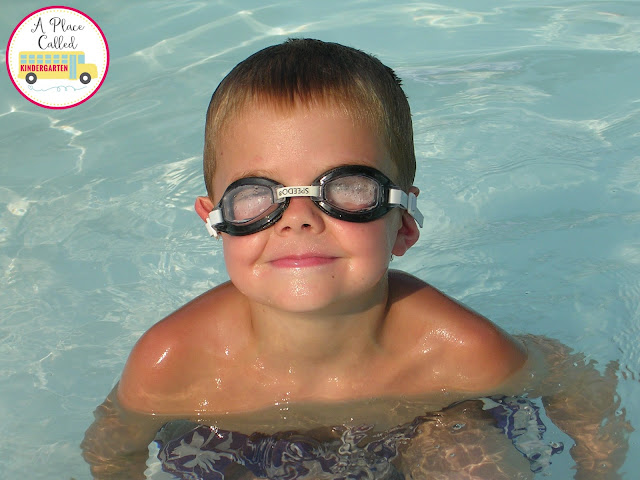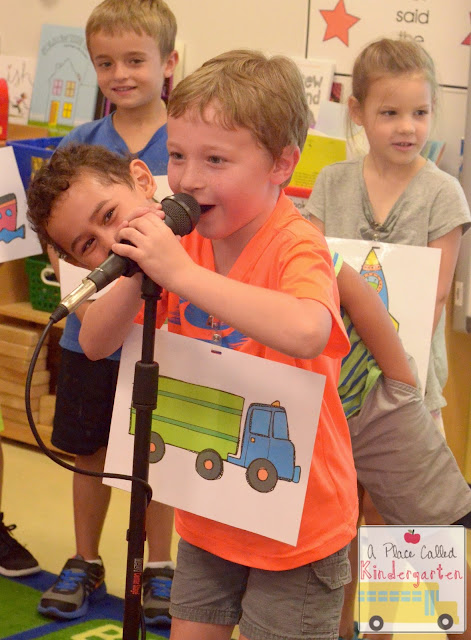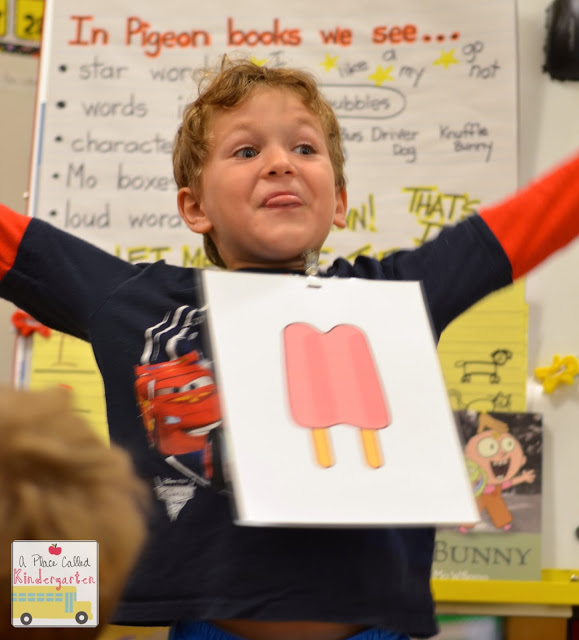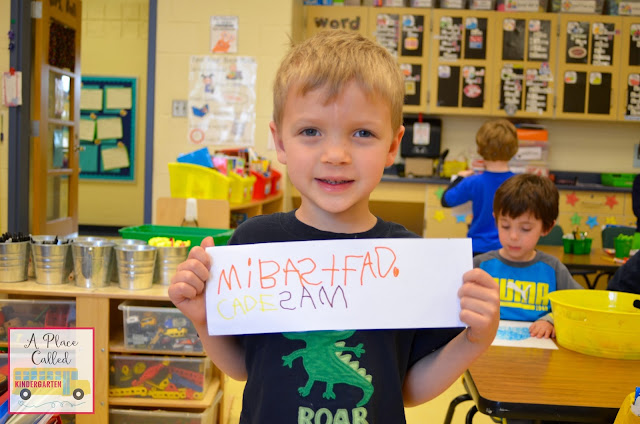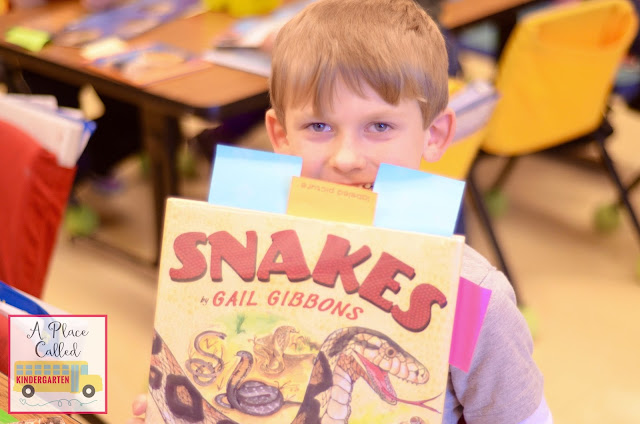 By the end of the school year Kindergarteners have started to figure out how to read for themselves. They are voracious learners that are thinking of themselves as readers. How can you keep them reading when they go from this reading environment...
By the end of the school year Kindergarteners have started to figure out how to read for themselves. They are voracious learners that are thinking of themselves as readers. How can you keep them reading when they go from this reading environment...
to this summer environment...
Children who read during the summer gain reading skills. Create a summer full of reading with these
six summer reading tips.
Go on Book Trips
Visit your local library or book store often during the summer. Make sure that young readers have their own library card and consider getting them a special book bag. Investigate summer reading programs at your local library and book stores. Sign up for a summer reading program.
Scholastic Summer Reading Program
Barnes & Noble Summer Reading Program
Half Price Books Summer Reading Program
Scholastic Summer Reading Program
Barnes & Noble Summer Reading Program
Half Price Books Summer Reading Program
Be a Reader
If kids see adults reading they will understand the importance of reading. My 8th grade son and I still love to read side by side, especially during the summer. This summer I have been reading in these fun pajama pants.
Schedule Time to Read
Swimming, camps, sports events, vacations and many other activities are fun things to do during the summer. It is important to help young readers fit reading into their busy summer schedule.
Environment Full of Books
Make sure that early readers have a variety of reading materials on hand. They need their own copies of stories that they love along with a combination of informational text and storybooks or early chapter books. Subscribe to a children's magazine to give little readers something to look forward
to reading every month.
to reading every month.
Read Together
Summer is a great time to read a chapter book to your little reader or practice your storytelling skills. Improvise with different character voices to
make stories come alive.
make stories come alive.
Be a Rainy Day Reader
The best thing to do on a rainy day is to read a book. Make a list of rainy day books so that you are ready when the clouds roll in.
Happy Summer Reading!
Happy Summer Reading!





